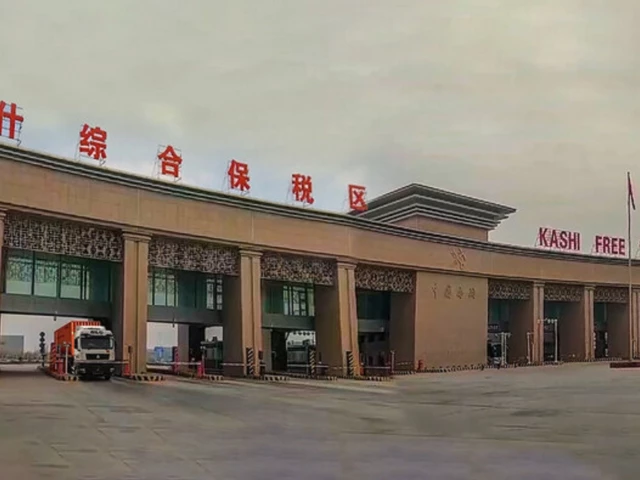Pakistan opens multimodal trade route linking China to UAE
Through this route cargo will take 10 days to reach Dubai, significantly reducing 30-day transit time of the sea route

In a landmark development, Pakistan’s National Logistics Corporation (NLC) has commenced its first multimodal Transports Internationaux Routiers (TIR) operation, creating a trade corridor linking China to the United Arab Emirates (UAE) via the Khunjerab Pass.
Officials have hailed the move as a “good omen” for the nation’s trade and logistics sectors. The TIR system is a global customs transit framework that facilitates seamless cross-border trade by minimising customs interference.
NLC trucks transported electronic equipment from Kashgar, China, to Dubai’s Jebel Ali Port via Pakistan. The cargo will take 10 days to reach Dubai, significantly reducing the 30-day transit time of the sea route.
“This achievement signifies a major leap forward in the operationalisation of the China-Pakistan Economic Corridor (CPEC),” NLC said in a statement, adding that the initiative highlights the year-round utility of the Khunjerab Pass for regional trade.
The Khunjerab Pass, at over 4,600 metres above sea level, has previously only facilitated bilateral trade. It connects Pakistan’s Gilgit-Baltistan region with China’s Xinjiang province, serving as a critical gateway for South Asia-Europe trade.
The first TIR operation included a ceremony at Sost Dry Port, the initial stop for the shipment, before its journey continued toward Karachi for the sea leg.
Local traders and leaders welcomed the initiative. Imran Ali, a former president of the Gilgit-Baltistan Chamber of Commerce, called the development a “good omen for Pakistan’s economy,” saying it would boost regional trade and benefit local communities.
Muhammad Iqbal, president of the Gilgit-Baltistan Importers and Exporters Association, said the project could “change the fate of the country,” improving local economic conditions and generating revenue.
Customs officials reported a record Rs9.5 billion ($34.87 million) in revenue collected at the Sost Dry Port in the first half of the fiscal year 2024-25, up from Rs6.5 billion ($23.4 million) in the same period last year. Anti-smuggling efforts also yielded confiscated goods worth Rs600 million ($2.16 million).
Experts view the initiative as a step towards transforming Pakistan into a major regional trade hub while boosting economic activities in Gilgit-Baltistan and Gwadar.


















COMMENTS
Comments are moderated and generally will be posted if they are on-topic and not abusive.
For more information, please see our Comments FAQ